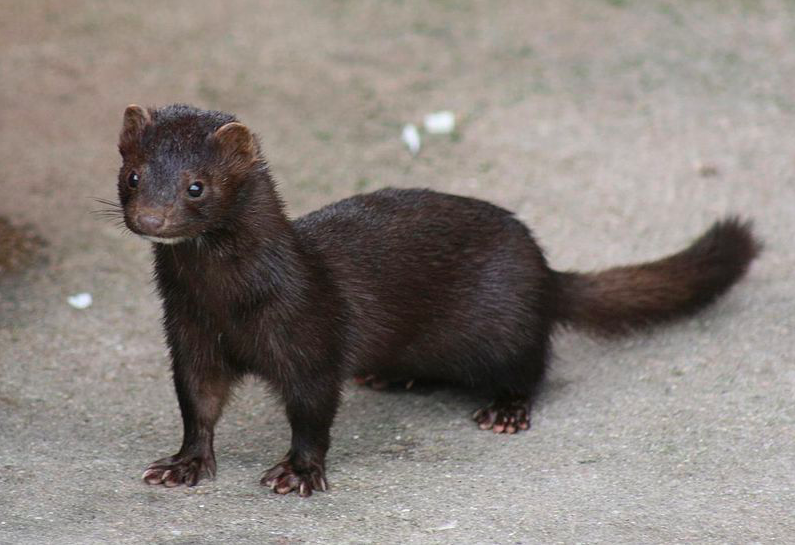In just seven months, mink farming will be permanently banned in the Netherlands. A law passed in 2013 mandated that farms be shut down by January 2024. This has now been accelerated due to recent coronavirus infections.
Three years ahead of schedule, the government will be putting a stop to mink farming in the Netherlands. The cabinet has set aside 180 million euros for the buy-out, which will affect 120 companies.
The cabinet is concerned that the mink farms could form a long-term reservoir for the coronavirus. Infections on the farms have been ongoing, and they want to eliminate the risk to public health.
November is the ‘fur period’ for mink breeders. During this time, the animals are killed and stripped of their fur. Following this November, breeders will no longer be allowed to replace the animals eliminated during the period.
Tighter compliance measures
More than 40 mink farms have seen coronavirus infections. To prevent the virus from spreading further, Minister of Agriculture Carola Schouten will be tightening up corona measures.
Minister Schouten will be opening up an investigation into compliance with the rules. A stricter hygiene protocol has already been put into place, and more details will be announced later today.
Banned on ethical grounds
The mink ban was based on ethical grounds in a 2012 Dutch senate vote. Mink breeders were given a 12 year transition period, set to expire January 1, 2024.
Environmental and animal welfare agencies have long criticised the mink industry. Fur farm animals are often raised in conditions viewed as inhumane, with animals kept in small, overcrowded cages.
The Netherlands is the world’s fourth-largest mink producing country, with annual revenue of over 100 million euros. The largest buyer of Dutch mink pelts is Denmark.
Follow DutchReview on Facebook for more news in the Netherlands.
Feature Image: Pdreinders/Wikimedia Commons



